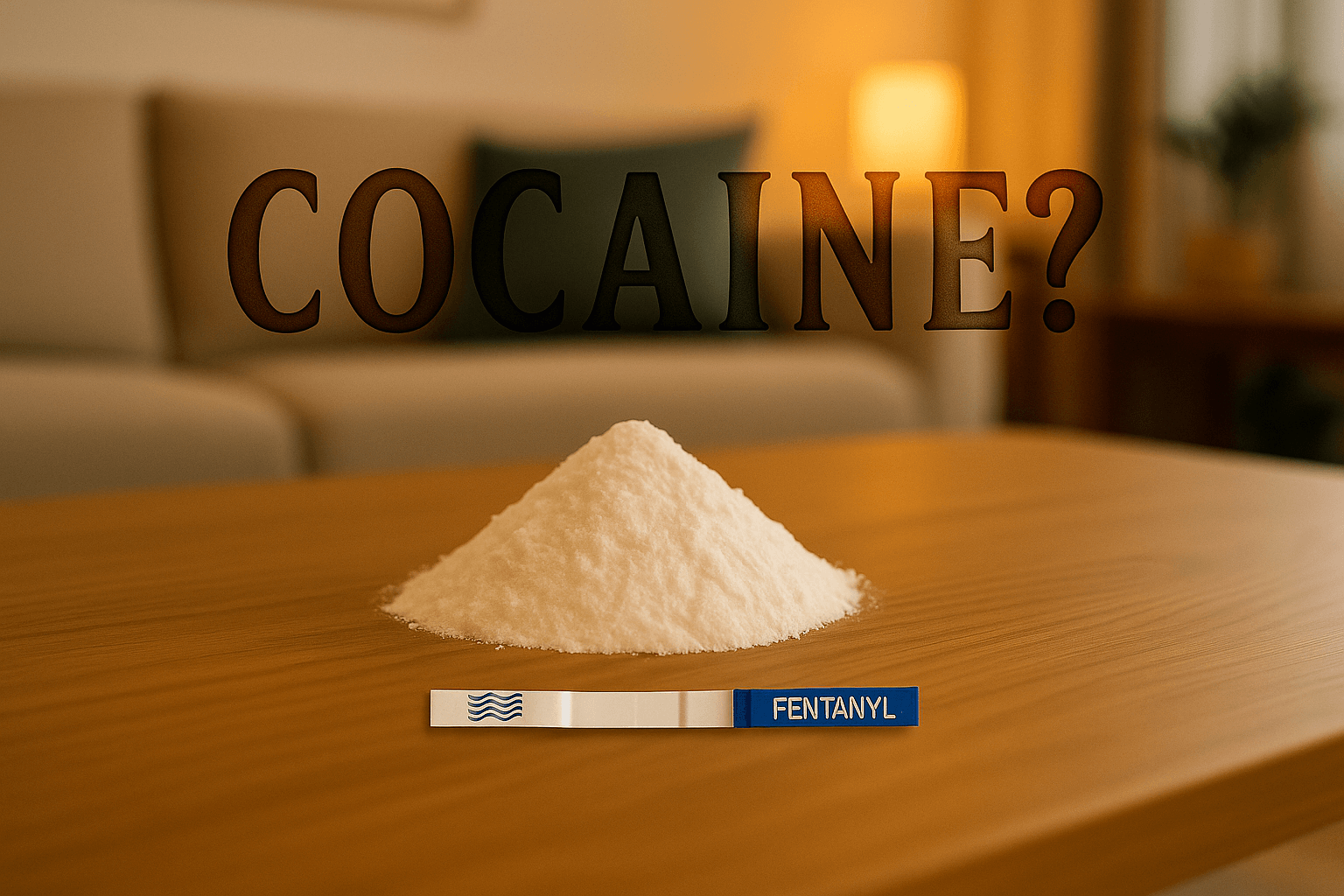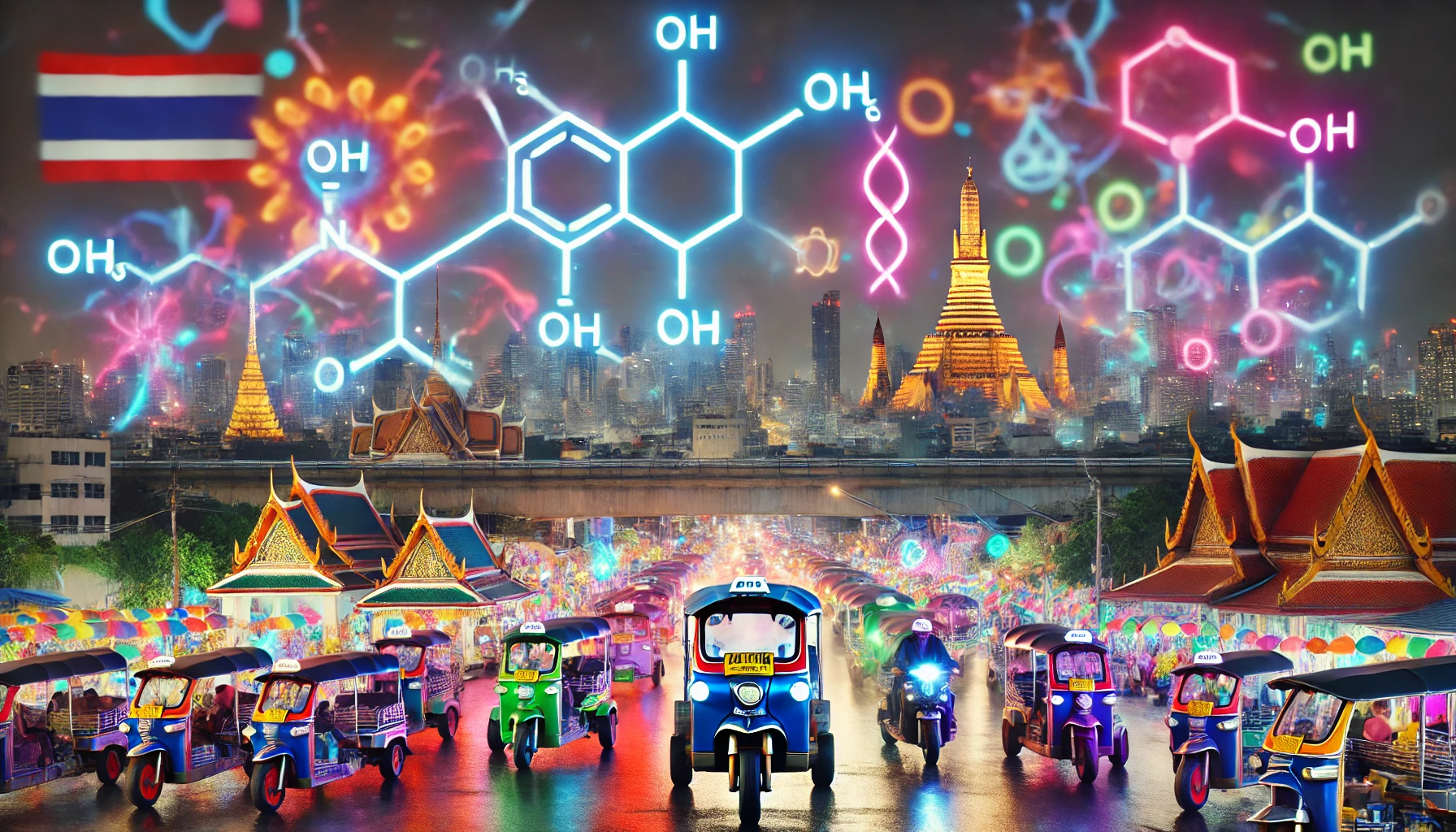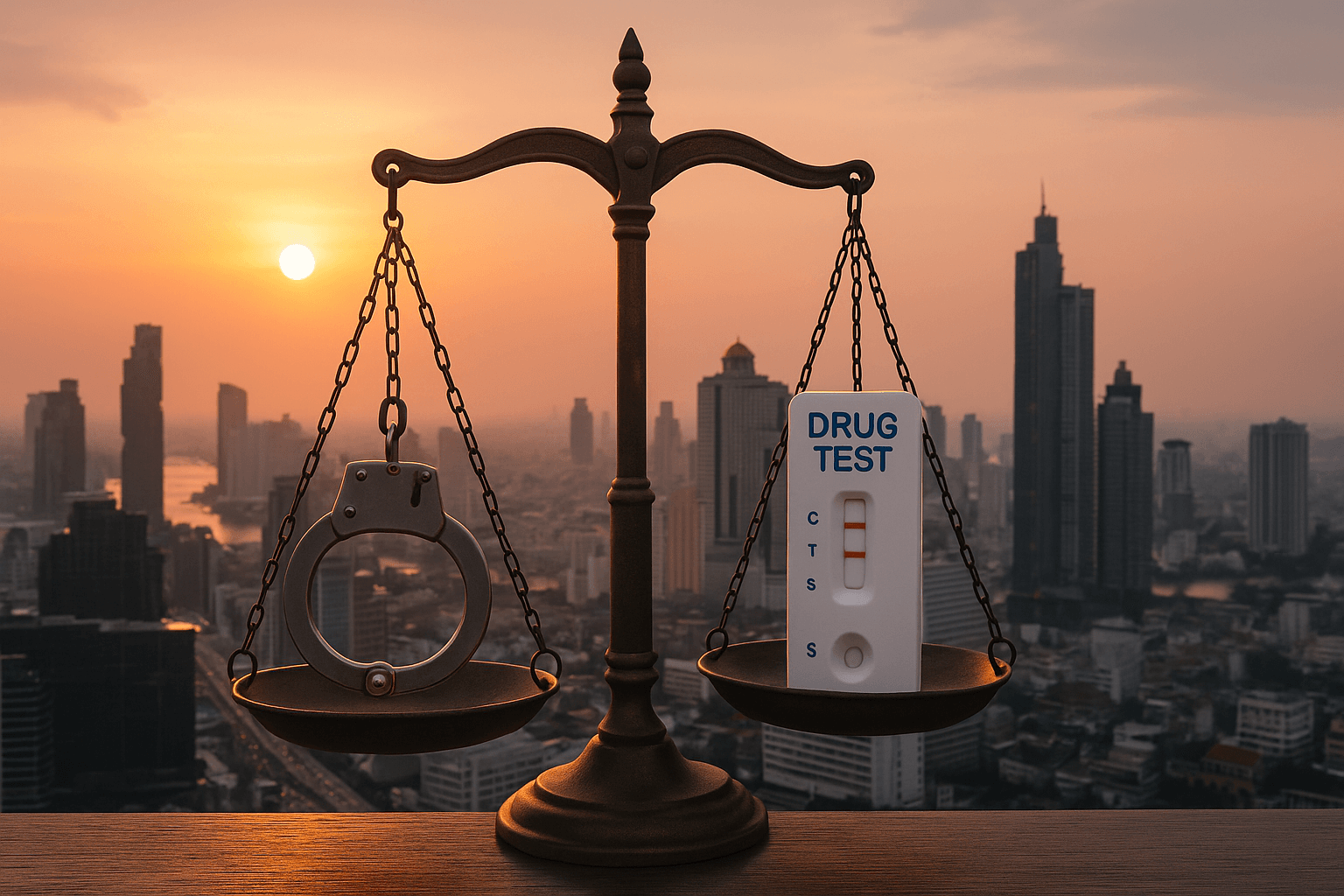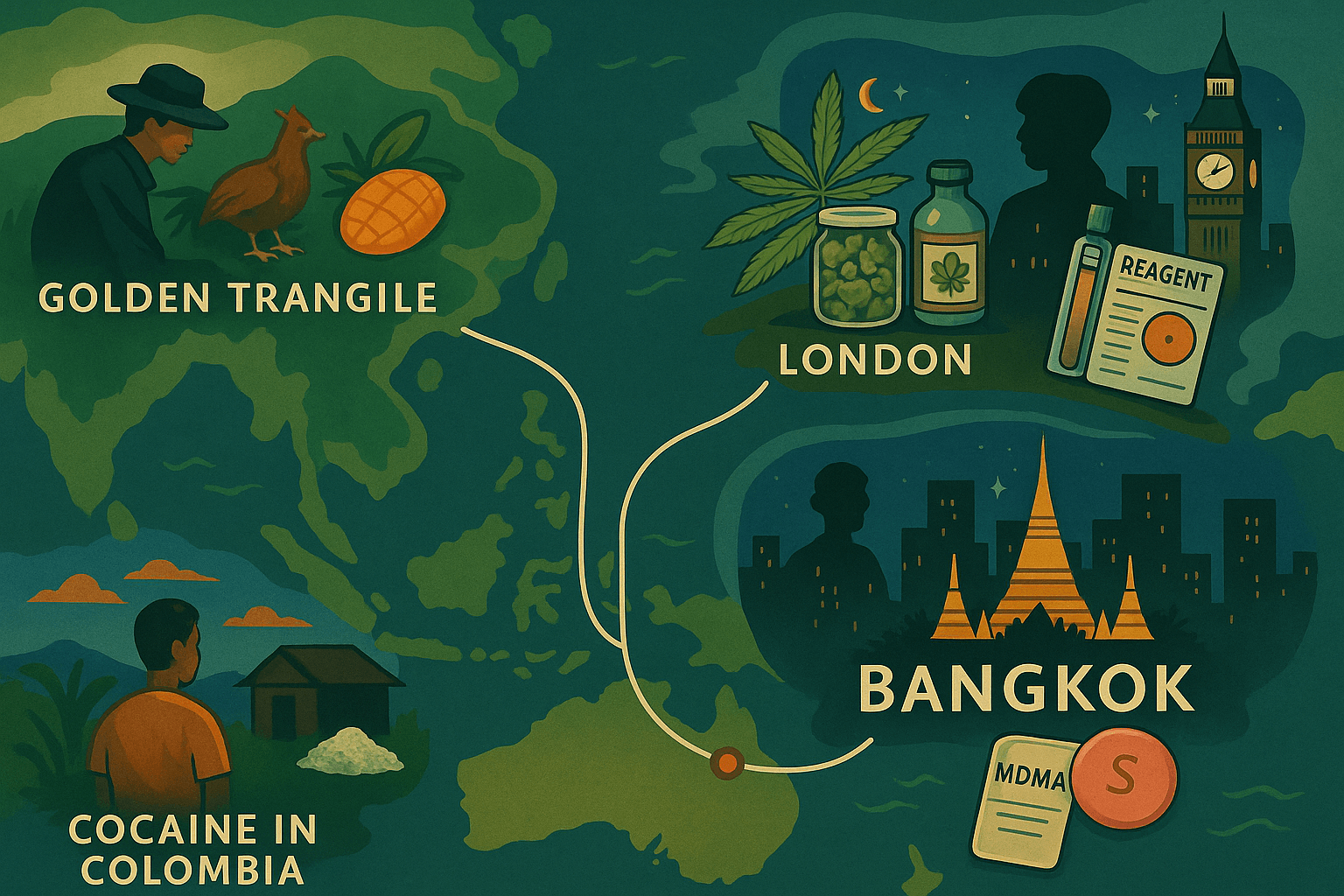In the context of drug consumption, especially among tourists visiting Bangkok or other tourist areas in Thailand, the importance of substance drug testing cannot be overstated. However, current behaviors, attitudes, and knowledge around drug testing are often lacking, leading to significant risks. This article delves into who typically tests their drugs, who doesn’t, and why it is crucial for tourists to adopt drug testing practices.
Current Behaviors and Attitudes
Who Tests?
Informed users: A small subset of drug users, often those who are more informed about the risks of drug adulteration, regularly test their substances. These individuals are usually aware of the dangers posed by contaminants like Fentanyl or other adulterants and take proactive steps to ensure their safety.
Harm Reduction Advocates: People involved in harm reduction communities are more likely to test their drugs. They understand the importance of knowing what they are consuming and often share this knowledge within their circles.
Who Doesn’t Test?
Casual Users: Many casual drug users, including tourists, do not test their drugs. They may perceive drug testing as unnecessary or too cumbersome, especially when they are in a vacation mindset.
Unaware Individuals: A significant number of users are simply unaware of the availability and importance of drug testing kits. They may not know how to use them or where to obtain them, particularly in a foreign country like Thailand. They may also be adverse to obtaining drug testing kits over fear of being being caught with illegal substances.
Overconfident Users: Some users believe they can identify safe drugs based on appearance, taste, or the reputation of the dealer. This overconfidence can lead to dangerous assumptions and potentially fatal consequences.
The Importance of Drug Testing for Tourists
Why Buy a Test Kit?
Safety First: The primary reason to buy a drug test is safety. With the rise of Fentanyl, a potent and often lethal opioid, the risk of consuming contaminated drugs has never been higher. Testing can help identify dangerous substances before they are ingested.
Peace of Mind: Knowing that the substance has been tested and is free from harmful contaminants can provide peace of mind, allowing tourists to enjoy their experience without the constant worry of potential harm.
Autonomisation: Drug testing empowers users to make informed decisions about what they consume. It shifts the control back to the user, reducing reliance on potentially unreliable sources.
Why Now?
Increasing Risks: The global opioid crisis, particularly the spread of Fentanyl, has made drug testing more critical than ever. The chances of encountering adulterated drugs are higher, making immediate action necessary.
Increase in tourism: The increase in tourism ‘post-covid’ has made popular holiday destinations targets for people looking to get away from their daily lives and indulge more than ever on vacation. Higher tourism also leads to higher possibility of increased illegal imports and those looking to capitalize on on population increases.
Availability of Tests: Drug testing kits are now more accessible and user-friendly than in the past. Tourists can easily purchase and use these kits, even in a foreign country like Thailand.
Does It Really Matter If You Don’t Use It?
Potential Consequences: Not using a substance drug test can have severe consequences. The risk of overdose or death from consuming contaminated drugs is real and significant. Even if the chances seem slim, the potential impact is too great to ignore.
Missed Opportunity for Harm Reduction: By not testing, users miss an opportunity to practice harm reduction. This not only puts their own lives at risk but also perpetuates a culture of unsafe drug use.
Implications of Current Behaviors
Health Risks: The most immediate implication of not testing drugs is the increased risk of health complications, including overdose and death. The presence of substances like Fentanyl in the drug supply makes this risk particularly acute.
Legal and Social Consequences: In some cases, consuming untested drugs can lead to legal issues, especially in countries with strict drug laws. Additionally, the social stigma associated with drug-related incidents can have long-lasting effects on an individual’s life.
Economic Impact: Medical emergencies resulting from drug consumption can lead to significant financial burdens, both for the individual and the healthcare system. Preventative measures like drug testing can help mitigate these costs. An increase in adulterated drugs or the introduction of substances like Fentanyl can be detrimental to the reputation of an economy if it becomes widespread and tourists begin to consume unknowingly.
For tourists visiting Bangkok who are considering drug use, the decision to buy and use a drug test is a crucial one. Current behaviors and attitudes often downplay the importance of testing, but the reality is that it can be a lifesaving practice. By understanding the risks and taking proactive steps to ensure safety, tourists can enjoy their experiences without compromising their well-being. Drug testing is not just a precaution; it is an essential component of responsible and informed drug use.




